On The Names and Places Where We Belong
Hanboks, hiking, and the shalomsick hope that rebuilds our definition of home


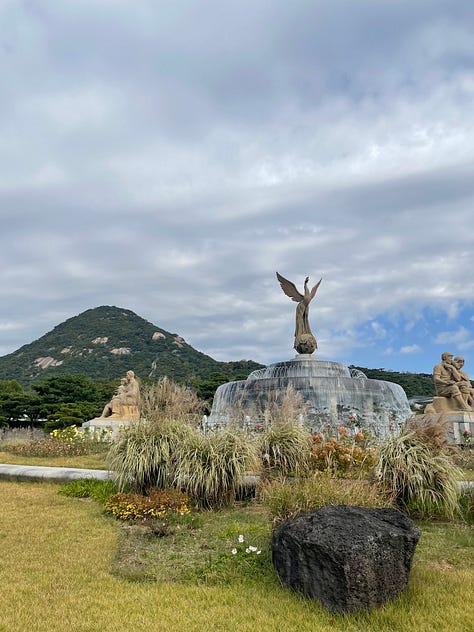
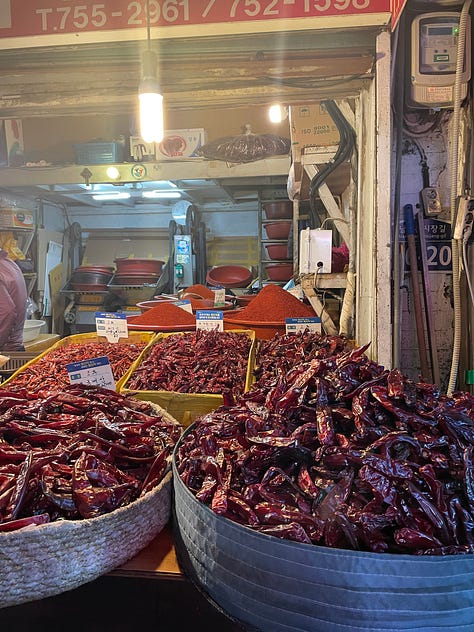

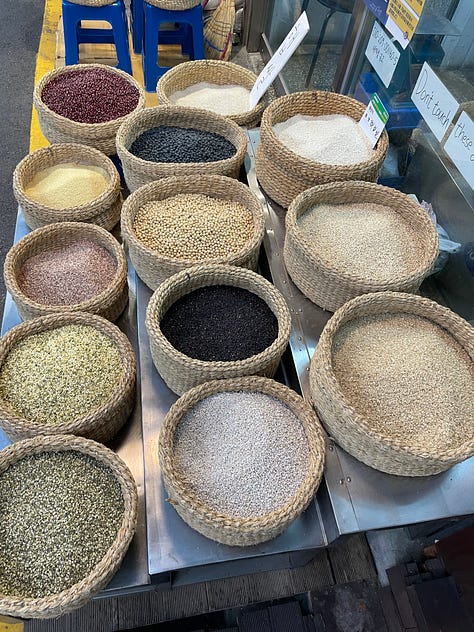
If you’ve read my book, you’ve read about how various trips to Korea have formed me and informed me. You know I’ve traveled there believing I was going home, only to be spat on for being a mixed Korean kid. You know how hearing Korean makes me feel at ease and how it makes me feel alone and unfit as a Korean. You know how my mother’s story, my own, and now my kids’ stories are inextricably linked to this land of tigers, magpies, mountains and food that speaks an, “I love you,” like no other food I know.
Our recent trip to Seoul and Jeju was the trip we planned pre-Covid lock-down. I grieved those cancelled plans for more than a year, and while it remains a loss because who knows how a trip three years ago may have impacted the five of us three years younger, it felt so right to go this year. But maybe to me, Korea will always feel like the right thing to do.
The first morning we woke in Seoul, I skipped out of our Airbnb hanok stay like a kid full of wonder, and exclaimed, “We’re in Korea!” My kids looked around to see if anyone else was out watching their middle-aged, English-speaking mom skipping and yelping. One of our kids smiled at my enthusiasm, and another said, “Shhhhhh, mom.”
Jet lag is a beast, but it also helps me tangibly take in the distance we travelled. It’s a bittersweet reality: we can go far and get to so many places, and we are far from many places we’d rather not be far from.
I could tell that our kids felt their own foreignness while also feeling their own measures of connectedness and pride.
Those of us who are sons and daughters of a diaspora know this dichotomy well. We know what it is to be here and there, to be where our feet are while tending to an unrelenting ache for another place.
We rented hanboks and toured Gyeongbokgung with all the others tourists in the city, but I teared up watching one of our sons take in the changing of the guards and all of the particular cultural sounds and colors that came with it. He was awed by the strength and seriousness of it all. I could almost feel his worldview and his view of himself expanding. Another of our sons was reading Hangul by our third day there, recalling the lessons he’s had here and there, and pronouncing words and phrases easily. Our daughter exclaimed how much she loved every scent on every street, and wanted to buy everything and anything, wherever we went. She was delighted over every offering of food, every photo opportunity, and everything distinctly Korean. It affirmed what I often say when it comes to anyone who has been led to falsely believe that assimilation and erasure can offer belonging: ethnicity is forever. And when we nourish that part of our identity, we can feel this forever-ness in our bones. It makes it easier to know, understand, and believe we are loved and made in the image of God when our ethnicity is affirmed and nourished.
Halfway through our first week in Seoul, we spent a whole day hiking Bukhansan. Bukhansan National Park is just north of the sprawling metropolis and it feels other-worldly and impossible that it’s so close to big city life. I thought this hike would be easy, but halfway up, I was humbled by the reality that I was beet-red in the face and hobbling my way up. We went from beautifully-kept paths to bouldering, then to scaling up the side of a steep, gigantic rock with the help of a steel rope to pull ourselves up. Older Korean men and women flew past us with hiking poles. They encouraged us as they passed, and while it was humbling to feel like this mountain could defeat us, it was beautiful too. It made me feel proud of this nature-loving, love-for-hiking, mountainous land, that’s part of my heritage. In the larger world, non-Koreans know Korea for spicy food, K-dramas, and K-pop, and while that’s wonderful, there’s just so much more than that.
We flew home a month ago today, and I’m still unpacking our time together there. It’s strange to come home and miss being there while also feeling comforted by where we live, right here. I’ve been thinking about how going there and coming home to be present to the place we’re in can both be part of what we are building as a family. We carry our loss and our ache, our foreignness and our expanded understanding of home with us and it’s present, however invisible, in every relationship we have.
The losses that have been passed down to us through generations known and unknown, are also part of the longings that lead us into the future.
I sensed it on the streets of Seoul while the hoop skirt under my hanbok swished back and forth. I heard it in my own voice as I bowed to say gamsahamnida to the store clerk at Seven Eleven. I felt it when my feet sunk into sand on Hyeopjae beach and saw it while watching my kids look for hermit crabs. I tasted it in the sizzling gosari and black pork. And even though we left all of those things in photos and memories, I feel it here too, still leading us forward – carrying us here and there, no matter where we are.
On the plane ride home, I gave my sons Korean names. It’s long overdue, and something I wish we would’ve done when they were born, but didn’t. It’s something they’ve asked for before. I always felt like I wasn’t Korean enough to do it, and after asking other family members who didn’t respond, I almost let it go as another loss to grieve. Squished into our seats alongside travel pillows, somewhere in the sky between here and there, I told them I had Korean names for them and we said them together. It was untraditional and ordinary, but sacred all the same. I remembered drinking a bowl of miyeokguk on a plane between here and there six years prior, and my own decades-long journey of turning from rejection to the embrace of my ethnic identity. I realized that now I am not only embracing, but actively building and rebuilding. The sacred work of belonging happens everywhere: on airplanes and in everyday moments that feel too ordinary and too late to be what they should be. It’s hope that carries this sacred work and holds it together despite so much.
I am homesick and I am home.
In Korea, and far from Korea, I am shalomsick and full of hope.
Coming soon, in spring 2024!
If you are interested, hit reply and let me know, and I will keep you in the loop.



My dear friend Dorina just released a beautiful devotional journal, Breathing Through Grief. So many of us have gone through long seasons of grief over the last few years, and Dorina is such a generous, tender guide, for anyone who is experiencing the pain of loss. Dorina has walked through deep grief and walks alongside so many others in their pain. This journal would be a wonderful gift for yourself or anyone you know who is grieving or going through a season of loss.
In case you missed it, here’s my latest article for (in)courage.
May it encourage you if you feel like you are being swallowed by shadows, change, and struggling to see the light. If that’s you - you aren’t alone.
Grateful and shalomsick,



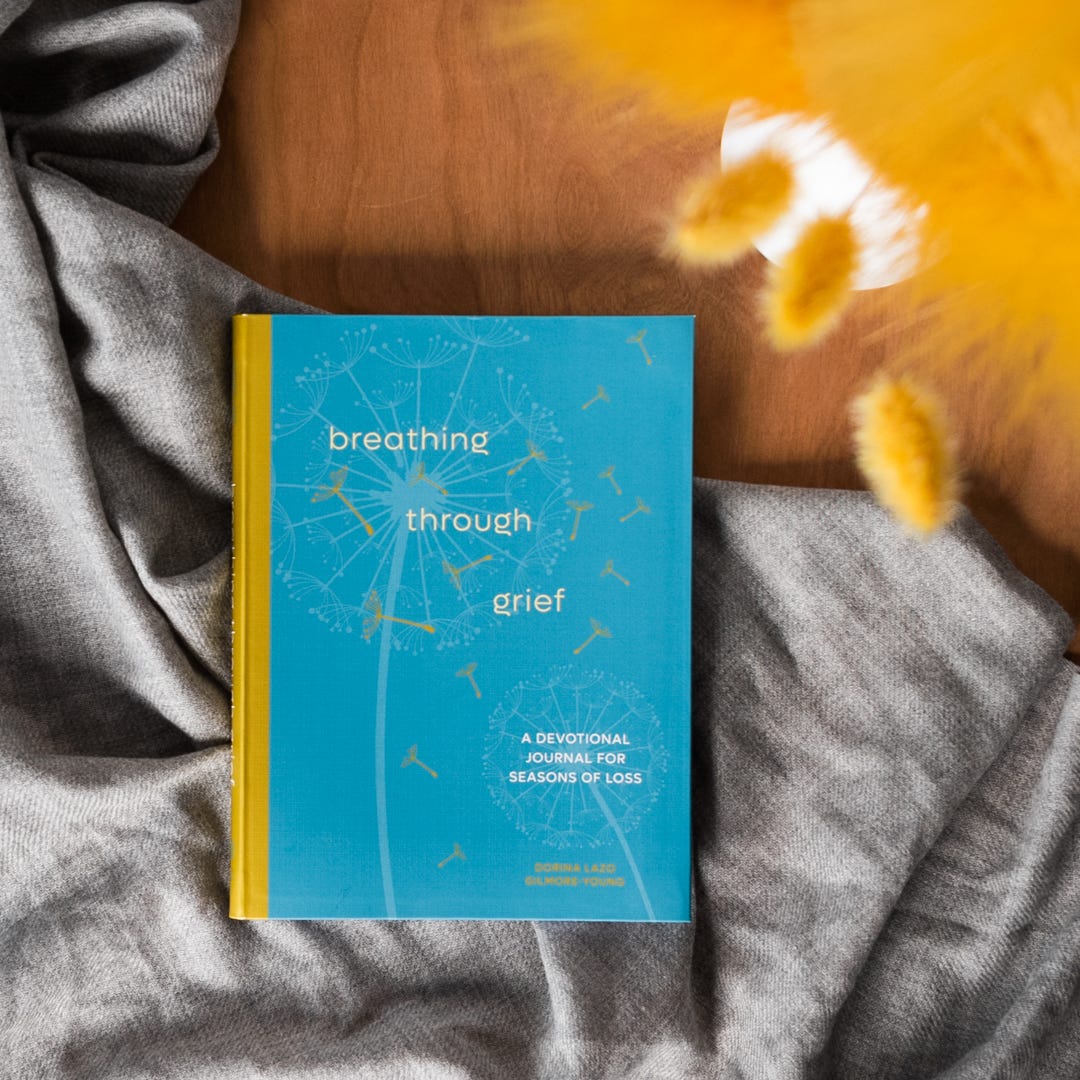

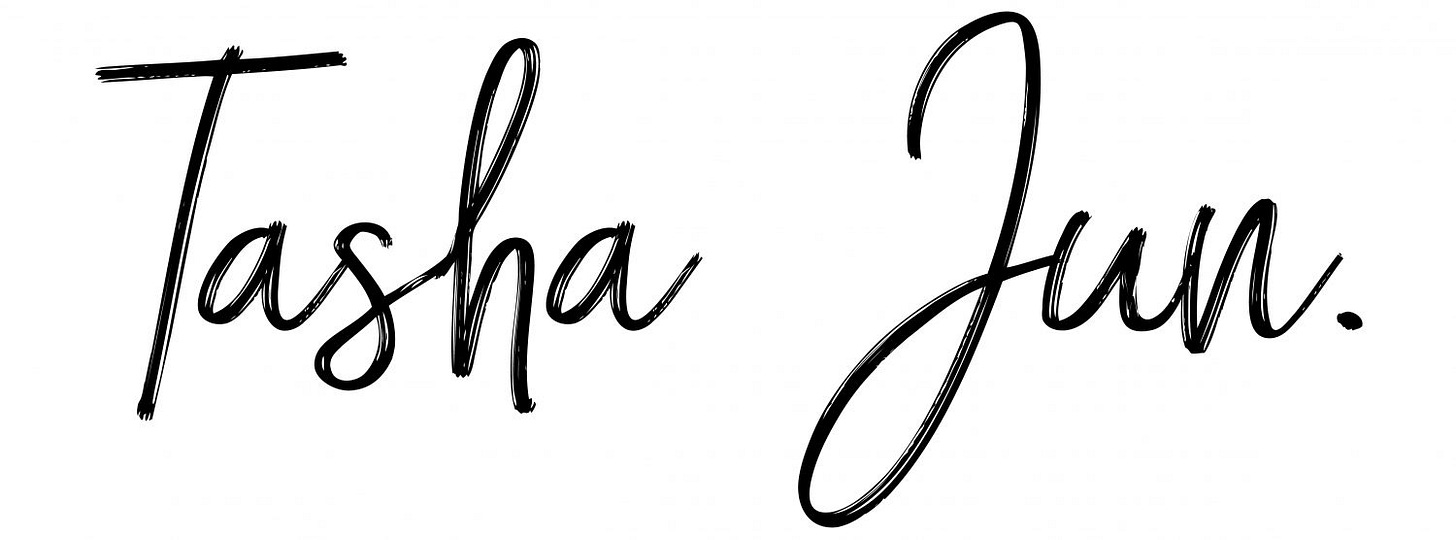
Beautifully written. Felt very ounce of your words, "We can go far and get to so many places, and we are far from many places we’d rather not be far from." We all have a second home somewhere.
"I am homesick and I am home."